Publications
Articles, publications, books, tools and multimedia features from the U.S. Institute of Peace provide the latest news, analysis, research findings, practitioner guides and reports, all related to the conflict zones and issues that are at the center of the Institute’s work to prevent and reduce violent conflict.
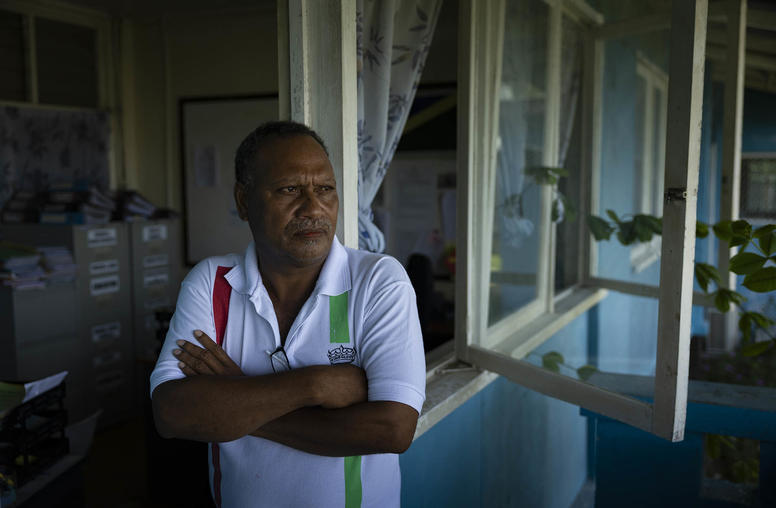
Malaita and the Provincial-National Divide in Solomon Islands
In 2019, Malaita Province in Solomon Islands made geopolitical headlines when its former premier, Daniel Suidani, came out against the country’s closer bilateral relations with China. As a result of his stance, Suidani was removed from his position in February 2023.

Understanding Pakistan’s Election Results
Days after Pakistan’s February 8 general election, the Election Commission of Pakistan released the official results confirming a major political upset. Contrary to what most political pundits and observers had predicted, independents aligned with former Prime Minister Imran Khan’s Pakistan Tehreek-e-Insaf (PTI) won the most seats at the national level, followed by former Prime Minister Nawaz Sharif’s Pakistan Muslim League-Nawaz (PML-N), the Pakistan Peoples Party (PPP) and the Muttahida Qaumi Movement (MQM). No party won an absolute majority needed to form a government on its own. The resultant uncertainty means the United States may have to contend with a government that is more focused on navigating internal politics and less so on addressing strategic challenges.
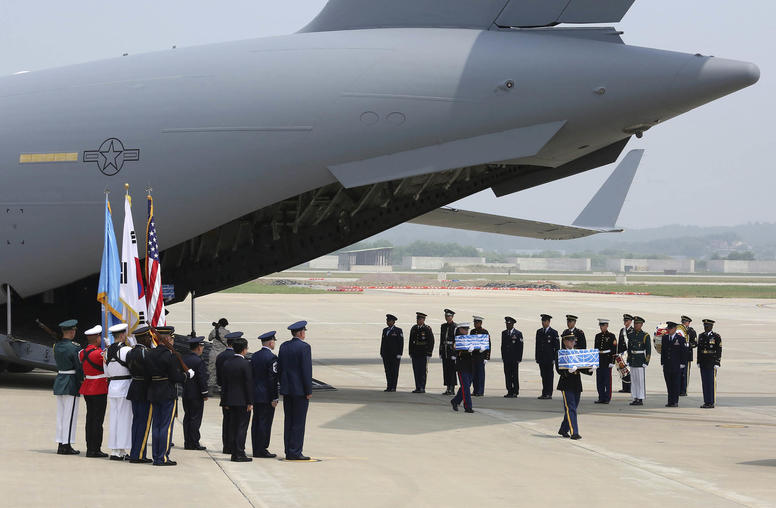
A New Approach to Recovering U.S. Servicemen’s Remains from North Korea
Seventy years after the end of the Korean War, there are still more than 7,000 U.S. servicemen who remain missing in action from that conflict. The remains of some 5,200 of these men are believed to be in North Korea. Unfortunately, poor diplomatic relations between the United States and North Korea have prevented the recovery of these remains. There is, therefore, a need for an alternative to the usual paradigm for conceiving, planning and implementing the recovery of U.S. war dead from North Korea. Usual practices might not carry the task, and ignoring the responsibility to bring our missing servicemen home should not be an option.
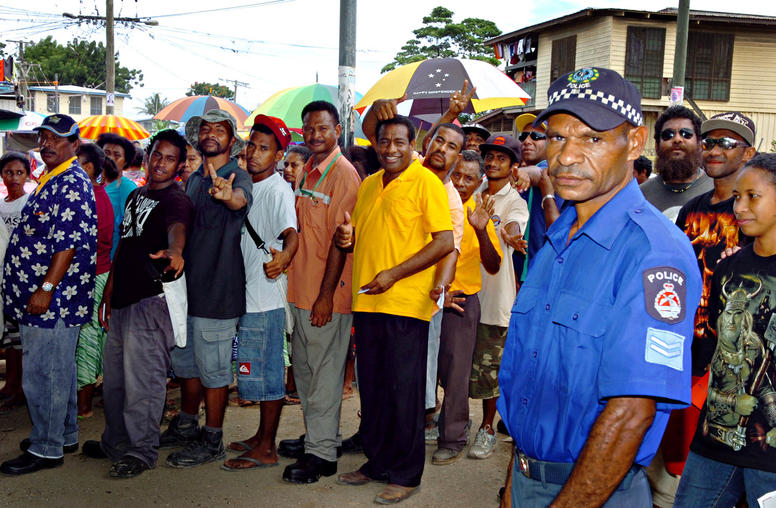
In the Pacific, Corruption and Poor Policing Open a Door to China
After the Pacific’s largest island nation, Papua New Guinea, recently suffered deadly rioting that included police, an official last week announced a Chinese offer to help strengthen its police force. That sequence exemplifies a rising challenge for democracy and stability in the Pacific: Many island nations suffer corruption and deficient policing that undermines the rule of law. This gap in responsive governance lets China seek influence through technical assistance drawn from its authoritarian model of policing. In response, democracies must reshape narrow, outdated approaches to security assistance.
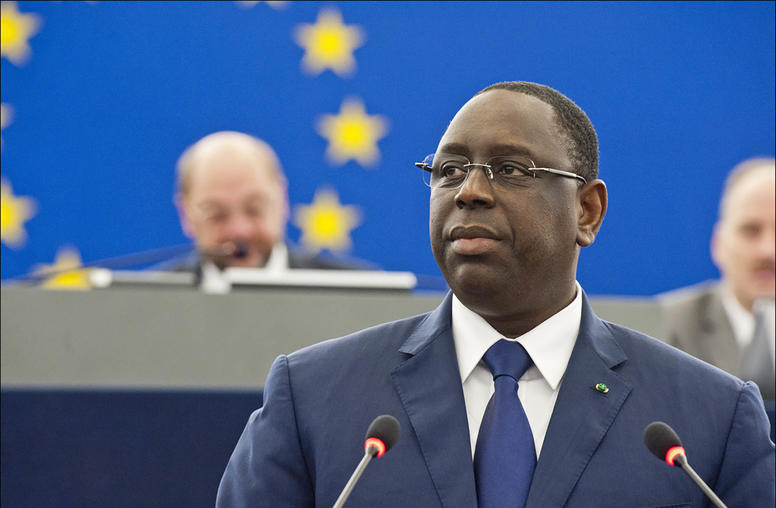
Suddenly, Senegal Is a New Risk for Democracy in Africa
The sudden actions by Senegal’s president to postpone this month’s presidential election by 10 months threaten to seriously undermine political stability and peace in a nation that has been a resilient democracy in West Africa, where multiple military coups d’état have occurred in recent years. This move poses risks of authoritarianism, violence and economic setbacks for Senegal’s 17 million people, and deeper regional insecurity. Friends of Senegal and democracy, in the United States, Africa and beyond, must unite behind the clear desire of Senegal’s people to maintain peaceful, freely elected democracy under its constitution.
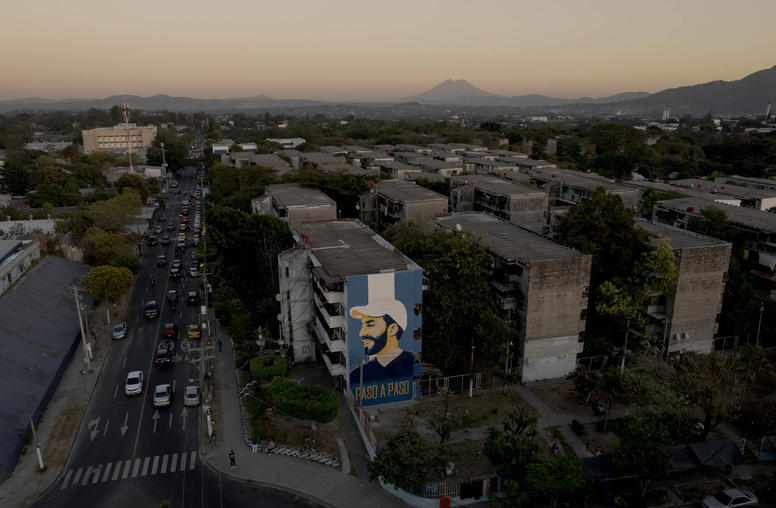
El Salvador’s Bukele: From ‘World’s Coolest Dictator’ to ‘Philosopher King’
El Salvador’s president, Nayib Bukele, celebrated a landslide electoral victory on Feb. 4, far outstripping his nearest competitor. “The opposition was pulverized,” Bukele told jubilant crowds outside the National Palace on election night. In reply to critics who warn that El Salvador is moving toward authoritarianism, he proclaimed, “we are not substituting democracy because El Salvador has never had democracy.” The leader who once called himself the “world’s coolest dictator” now boasts of being his country’s “philosopher king.”
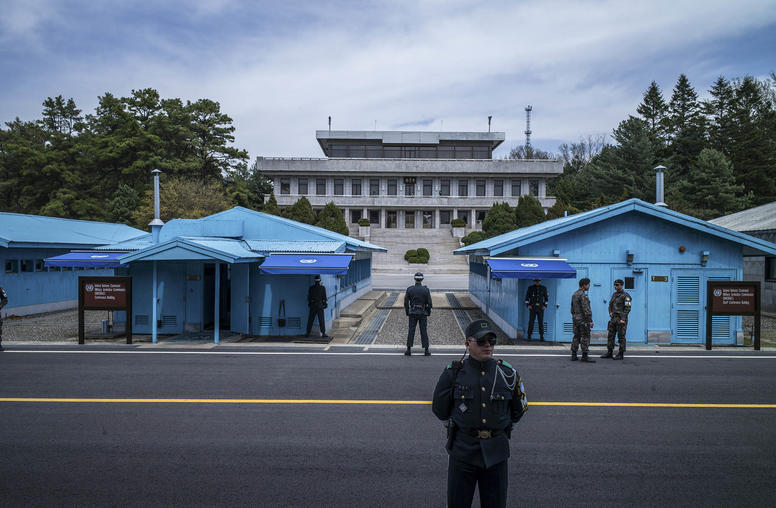
How to Reduce Nuclear Risks Between the United States and North Korea
Since the collapse of the unprecedented leader-level diplomatic process between the United States and North Korea in 2019, relations between the two sides have been at a standstill. In 2021, as the Biden administration entered office, North Korean leader Kim Jong Un set into motion a wide-ranging plan for the modernization of his nuclear forces. This modernization has helped render his nuclear deterrent more credible while accentuating the risks of nuclear conflict on the Korean Peninsula. It has further cemented North Korea’s lack of intent to relinquish its nuclear weapons, which it views as the essential cornerstone of its national defense strategy.
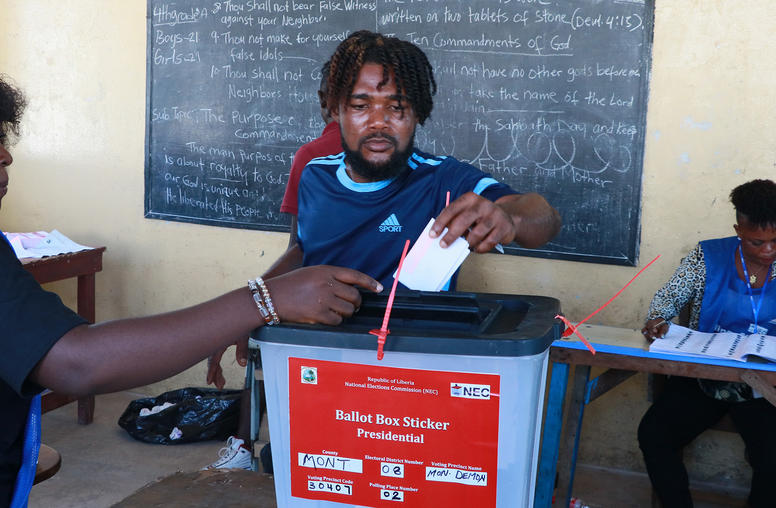
Liberia Shows a Path Toward Democracy in West Africa
Liberia’s presidential inauguration last week, a peaceful transfer of power between opposed political parties, strengthens its postwar democracy — an achievement that we should highlight as an instructive counterpoint to West Africa’s military coups and other erosions of democracy. While 5 million Liberians confront crises including poverty, corruption and poor infrastructure, their progress in stabilizing from decades of war offers lessons for us all. Liberians’ vital strengths in this peaceful transfer include strong political will, reflected in record voter turnout, and a potent civic history of nonviolent movements for change, buttressed by U.S. support in countering corruption.
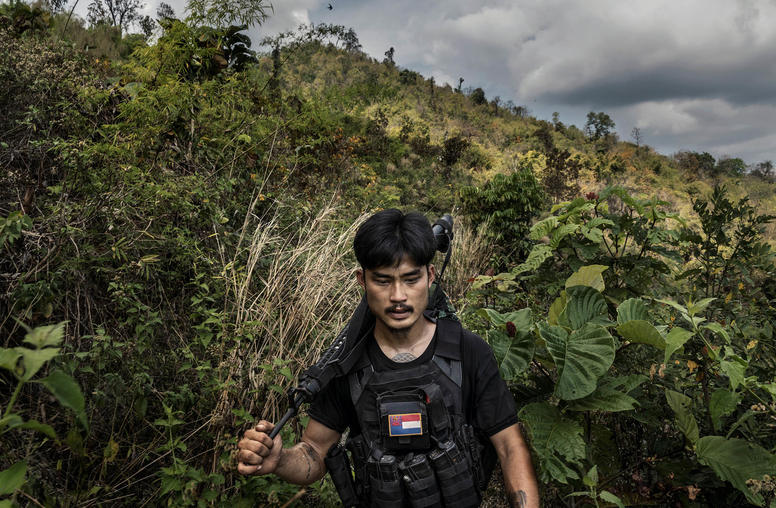
Three Years After Coup, Myanmar’s Generals Face an Existential Crisis
Three years after Myanmar’s military overthrew the country’s democratically elected government, the ruling generals — having suffered humiliating battlefield defeats — face an existential crisis. Victories by the diverse ranks of Myanmar’s resistance have invigorated their morale and they are tightening battlefield coordination despite slow progress toward political consensus. The military, meanwhile, is short of manpower and controls a shrinking percentage of the nation.
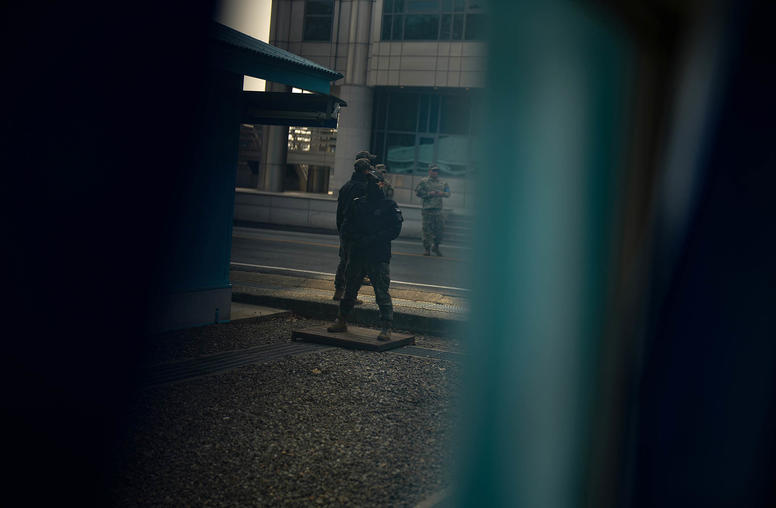
North Korea Has Lost the ‘Unification Competition’
North Korean leader Kim Jong Un in January declared peaceful unification with South Korea is no longer possible. In a speech to the Supreme People’s Assembly, North Korea’s parliament, Kim said North Korea’s constitution should be amended to show that South Korea is a “primary foe and invariable principal enemy.”